Risks of Laser Skin Resurfacing in South Korea: What You Need to Know
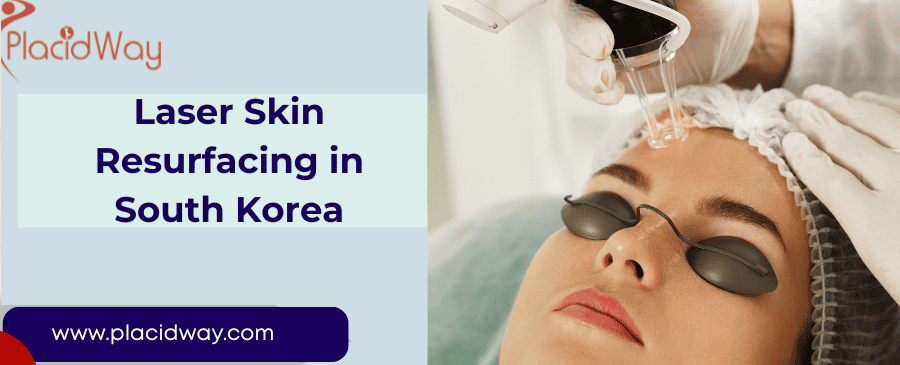
Laser skin resurfacing has become a popular and effective method for improving skin texture, reducing wrinkles, treating acne scars, and addressing various other skin concerns. South Korea, in particular, is a global hub for aesthetic procedures, renowned for its advanced technology and highly skilled dermatologists and plastic surgeons. While the country offers cutting-edge treatments and often delivers impressive results, it's essential for anyone considering laser skin resurfacing to be aware of the potential risks and side effects, even in a highly regulated environment like South Korea. Understanding these risks will help you make an informed decision and ensure you're prepared for the recovery process.
What are the general risks associated with laser skin resurfacing?
Laser skin resurfacing, regardless of location, works by using concentrated beams of light to remove layers of skin. This process stimulates collagen production and encourages the growth of new, healthier skin cells. While highly effective, any procedure that alters the skin carries inherent risks. The specific risks and their severity can depend on the type of laser used (ablative vs. non-ablative), the intensity of the treatment, and individual skin characteristics.
Ablative lasers (like CO2 or Er:YAG) remove the outer layers of skin, leading to more dramatic results but also a longer recovery time and a higher risk of side effects. Non-ablative lasers (like fractional non-ablative lasers) are less invasive, targeting deeper layers of skin without removing the surface, resulting in milder side effects and shorter downtime, but often requiring multiple sessions for optimal results. It's crucial to discuss the specific type of laser and its associated risks with your South Korean dermatologist.
How does the cost of laser skin resurfacing in South Korea compare to other countries?
When comparing laser skin resurfacing costs internationally, South Korea stands out for its competitive pricing. For instance, a single CO2 laser session in the USA could range from $1,500 to $3,000 or more, whereas in South Korea, it might be $300 to $1,500. This significant price difference makes South Korea an attractive destination for medical tourism. The lower costs do not imply a compromise in quality; rather, they reflect different healthcare economic structures and a highly competitive market within South Korea. Patients can access state-of-the-art equipment and expert dermatologists without the prohibitive price tags often found elsewhere.
Are there specific risks for Asian skin undergoing laser resurfacing in South Korea?
Asian skin types, including Korean skin, often have unique characteristics that necessitate a cautious approach to laser treatments. The higher melanin content in Fitzpatrick skin types III-V (common in Asian populations) makes them more susceptible to pigmentary changes after inflammatory processes, such as those induced by lasers. Post-inflammatory hyperpigmentation (PIH) is a significant concern, where the treated areas become darker than the surrounding skin. This can be temporary but may last for several months or even longer.
Korean dermatologists are highly experienced with Asian skin and are well-versed in adjusting laser parameters (energy and density settings) to minimize this risk. They may also prescribe pre- and post-treatment protocols involving topical depigmenting agents or other skincare to reduce the likelihood of PIH. It's essential to communicate your skin type and concerns clearly with your South Korean specialist.
What are the common temporary side effects after laser skin resurfacing in South Korea?
Immediately following a laser skin resurfacing procedure, it's normal to experience several temporary side effects as your skin begins the healing process:
- Redness (Erythema): The treated area will appear red, similar to a sunburn. This can last for a few hours to a few days for non-ablative lasers, and for several weeks or even months with more aggressive ablative treatments.
- Swelling (Edema): Mild to moderate swelling is common, especially around the eyes. This usually peaks within 24-48 hours and subsides over the next few days.
- Dryness and Peeling: As the new skin emerges, the treated area will become dry and may peel or flake. This is a sign of skin regeneration.
- Itching or Stinging: Some patients report a mild itching or stinging sensation during the initial recovery phase.
- Crusting: For ablative lasers, tiny scabs or crusting may form over the treated area, which will naturally fall off as the skin heals. It's crucial not to pick at these.
Your South Korean clinic will provide detailed post-care instructions, including gentle cleansing, moisturizing, and sun protection, to manage these temporary effects effectively.
Can laser skin resurfacing in South Korea cause acne flare-ups?
While laser skin resurfacing is often used to treat acne scars, the procedure itself can sometimes trigger an acne flare-up. This is thought to be due to several factors:
- Occlusion: The thick ointments and dressings applied after the procedure can temporarily clog pores, leading to breakouts.
- Inflammation: The inflammatory response from the laser treatment can stimulate oil glands.
- Disruption of Follicular Units: The laser's energy can disrupt hair follicles, potentially leading to aberrant epithelialization during healing, which might contribute to acne exacerbation.
South Korean dermatologists are aware of this potential side effect, particularly in patients with Korean skin, which can be prone to acne. They may prescribe oral or topical medications before and after the procedure to prevent or manage acne breakouts, especially for individuals with a history of acne.
What is the risk of infection after laser skin resurfacing in South Korea?
Infection is a rare but serious complication of laser skin resurfacing. Any procedure that breaks the skin barrier carries an inherent risk of infection. In South Korea, clinics adhere to very high standards of sterilization and cleanliness, which significantly minimizes this risk. However, it's still possible for:
- Bacterial infections: These can manifest as increased redness, swelling, pain, pus, or delayed healing.
- Viral infections: The most common viral complication is a flare-up of the herpes simplex virus (cold sores), even in individuals who have never had a visible outbreak.
- Fungal infections: Less common, but can occur.
To prevent viral infections, particularly herpes, your South Korean dermatologist will likely prescribe antiviral medication (e.g., acyclovir) to be taken before and after the procedure, especially if you have a history of cold sores. Antibiotics may also be prescribed to reduce the risk of bacterial infection, particularly with ablative lasers.
Can laser skin resurfacing cause permanent changes in skin color in South Korea?
Changes in skin pigmentation are a key concern, particularly for patients with Asian skin. While temporary hyperpigmentation (darkening) is more common and usually resolves, there is a small risk of it becoming permanent. Hypopigmentation (lightening of the skin) is rarer but can also occur, especially with aggressive ablative treatments, and may be permanent. This happens when the laser treatment damages the melanin-producing cells (melanocytes).
To mitigate these risks, South Korean dermatologists who specialize in treating Asian skin will carefully select the appropriate laser type and settings, often starting with lower densities or less aggressive approaches. They will also emphasize strict sun protection before and after the procedure, as sun exposure can exacerbate pigmentary changes.
What is the risk of scarring from laser skin resurfacing in South Korea?
Scarring, including hypertrophic scars (raised, red scars) or keloids (thick, overgrown scars that extend beyond the original wound), is one of the more severe but uncommon complications of laser skin resurfacing. This risk is higher with ablative lasers and if proper wound care is not meticulously followed during the healing process (e.g., picking at scabs or not keeping the area clean).
Individuals with a personal or family history of abnormal scarring should inform their South Korean dermatologist during the consultation. Such a history might lead the specialist to recommend a less aggressive laser treatment or alternative procedures to minimize the risk. Choosing an experienced and reputable clinic in South Korea further reduces the likelihood of this complication, as skilled surgeons are adept at preventing and managing such issues.
Can laser skin resurfacing aggravate existing skin conditions in South Korea?
For individuals with pre-existing skin conditions, laser skin resurfacing needs to be approached with caution:
- Rosacea: The heat and inflammation from laser treatment can sometimes trigger or worsen rosacea flare-ups, leading to increased redness and sensitivity.
- Melasma: This chronic hyperpigmentation condition can be particularly challenging. While some lasers can help improve melasma, aggressive settings or improper post-care can paradoxically worsen it, leading to a rebound effect and more severe pigmentation.
- Eczema or Dermatitis: Patients with active eczema or dermatitis in the treatment area may experience exacerbation of their condition due to the trauma of the laser.
An experienced South Korean dermatologist will carefully assess your skin history and current conditions. They may recommend alternative treatments, adjust laser parameters, or incorporate pre- and post-treatment medications to minimize the risk of aggravating these conditions.
What should I discuss with my South Korean dermatologist to minimize risks?
A thorough consultation with your chosen South Korean dermatologist is paramount to ensuring the safest and most effective laser skin resurfacing experience. Here's a checklist of what to discuss:
- Medical History: Provide a complete medical history, including any chronic conditions, allergies, and previous surgeries or cosmetic procedures.
- Skin Type: Clearly communicate your skin type, including your propensity to tan or burn, and any history of hyperpigmentation or scarring.
- Medications: Disclose all medications you are currently taking, including prescription drugs, over-the-counter medications, supplements, and herbal remedies. Certain medications (e.g., isotretinoin for acne) can increase the risk of scarring.
- History of Herpes/Cold Sores: If you've ever had cold sores, inform your doctor so they can prescribe antiviral medication.
- History of Acne/Scarring: Discuss any history of acne breakouts or abnormal scarring (keloids, hypertrophic scars).
- Sun Exposure: Be honest about your sun exposure habits and recent tanning. Excessive sun exposure before treatment can increase the risk of pigmentation changes.
- Smoking: If you smoke, your doctor will advise you to stop weeks before and after the procedure, as smoking can impair healing and increase complication risks.
- Desired Outcomes: Clearly articulate your aesthetic goals and manage expectations about what the laser treatment can realistically achieve.
- Pre- and Post-Treatment Care: Understand and commit to following all pre- and post-treatment instructions meticulously, including skincare regimens and sun avoidance.
How do South Korean clinics ensure safety during laser skin resurfacing?
South Korea's reputation as a leader in medical aesthetics iFs built on a foundation of rigorous standards and advanced practices. Clinics prioritize patient safety through several key measures:
- Highly Qualified Professionals: Dermatologists and plastic surgeons in South Korea undergo extensive training and often specialize in specific laser technologies, ensuring a high level of expertise. Many are board-certified and regularly participate in international conferences to stay abreast of the latest advancements.
- Advanced Technology: Clinics invest in the newest generation of laser devices, which offer greater precision, customizable settings, and often built-in cooling systems to enhance patient comfort and safety.
- Strict Hygiene and Sterilization: South Korean medical facilities adhere to stringent hygiene and sterilization protocols, significantly reducing the risk of infection.
- Personalized Treatment Plans: Before any procedure, a thorough consultation and skin analysis are conducted to create a customized treatment plan tailored to the individual's skin type, concerns, and medical history, minimizing generalized risks.
- Comprehensive Patient Education: Patients receive detailed information about the procedure, expected outcomes, potential risks, and meticulous instructions for pre- and post-treatment care, empowering them to actively participate in their safe recovery.
- Follow-up Care: Most reputable clinics provide structured follow-up appointments to monitor healing, address any concerns, and ensure the best possible results.
For more detailed information on laser skin resurfacing options, clinics, and personalized consultations, we encourage you to explore PlacidWay. PlacidWay can help you connect with top-rated medical facilities in South Korea and other leading destinations, ensuring you find the best solution for your skin rejuvenation needs.


.png)
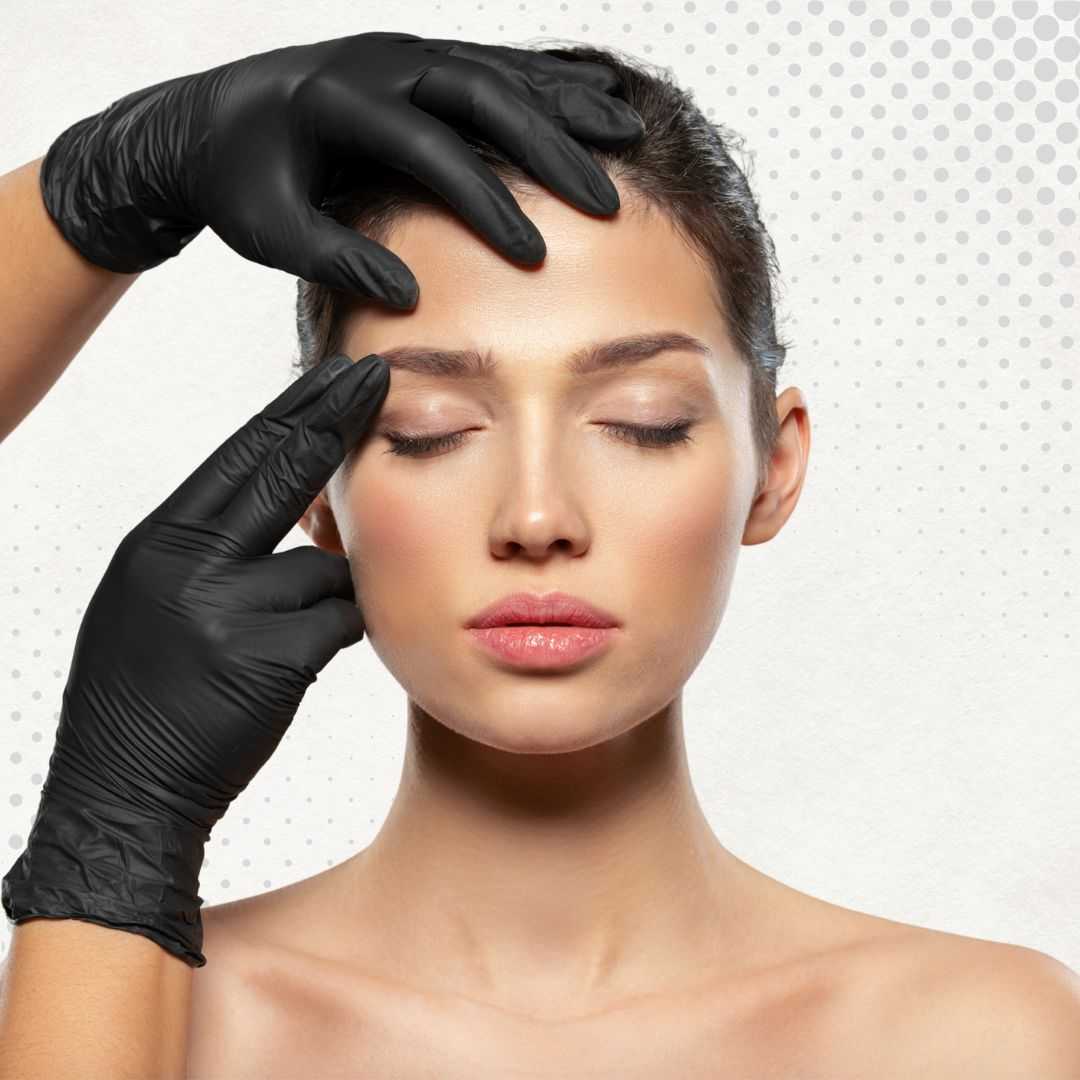

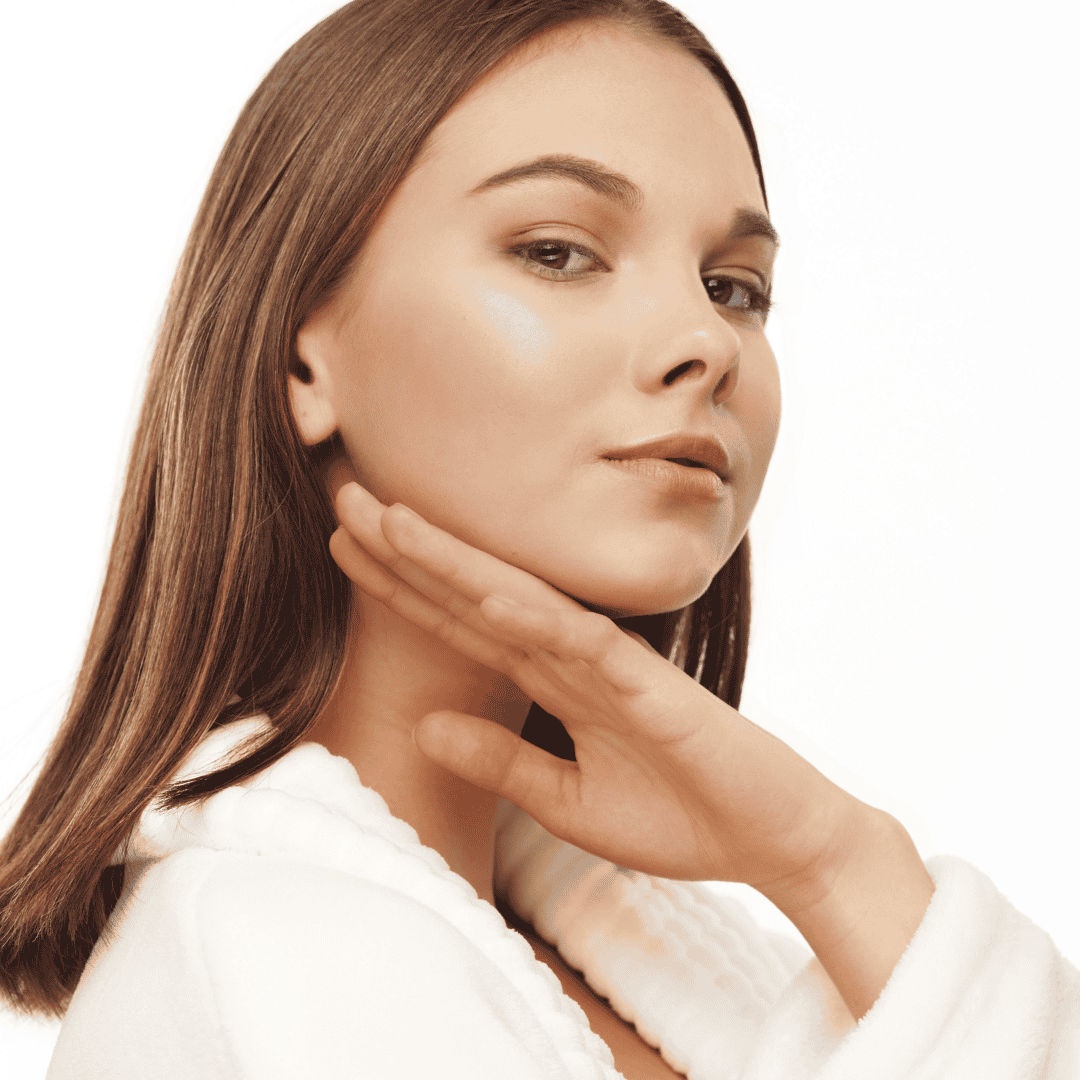
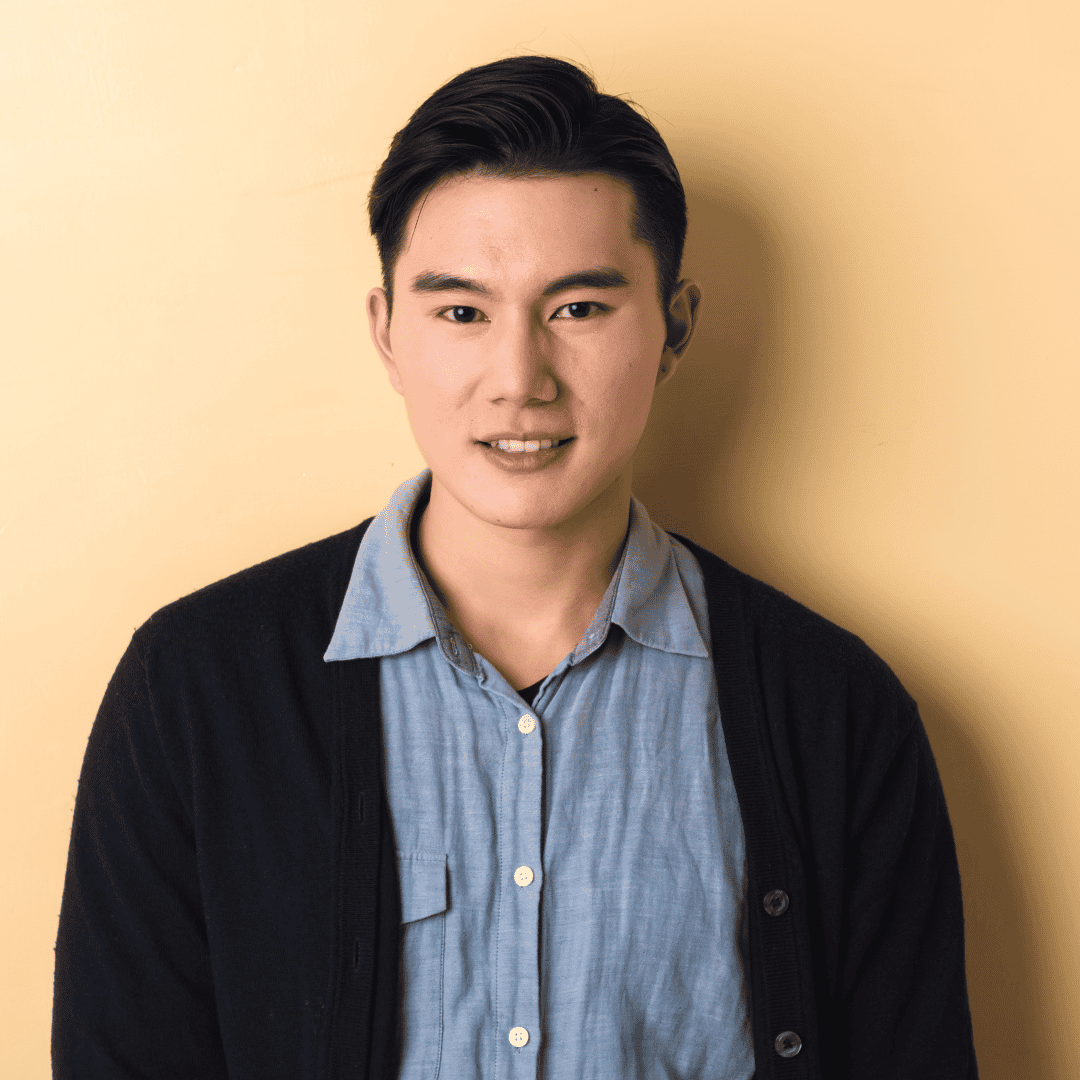



.png)
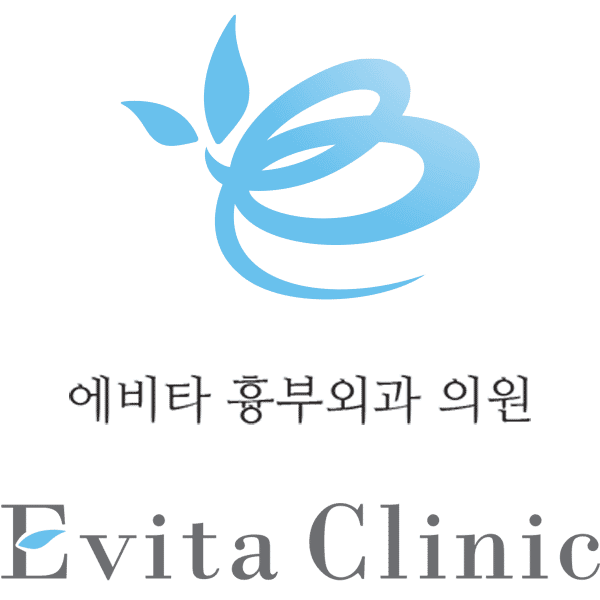
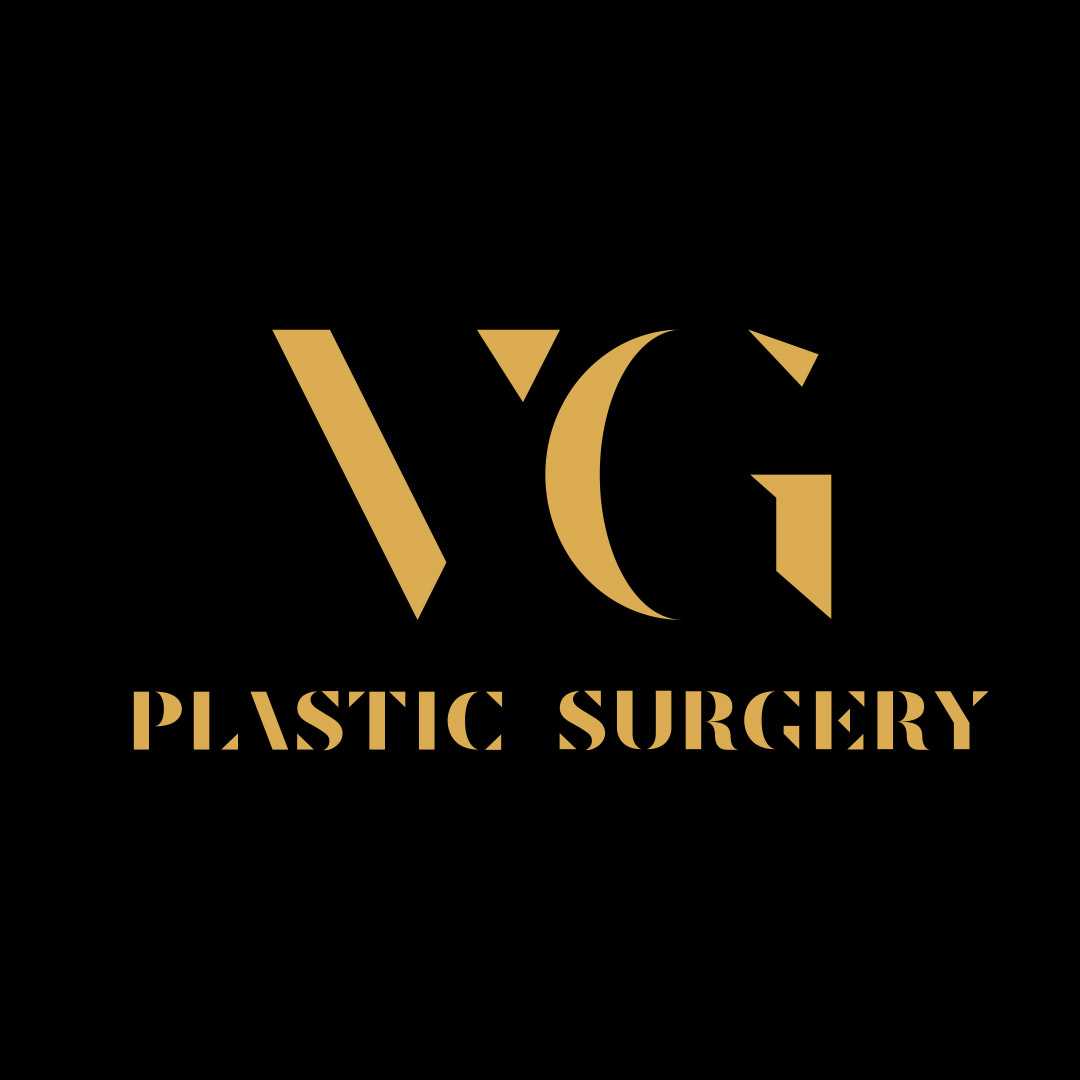
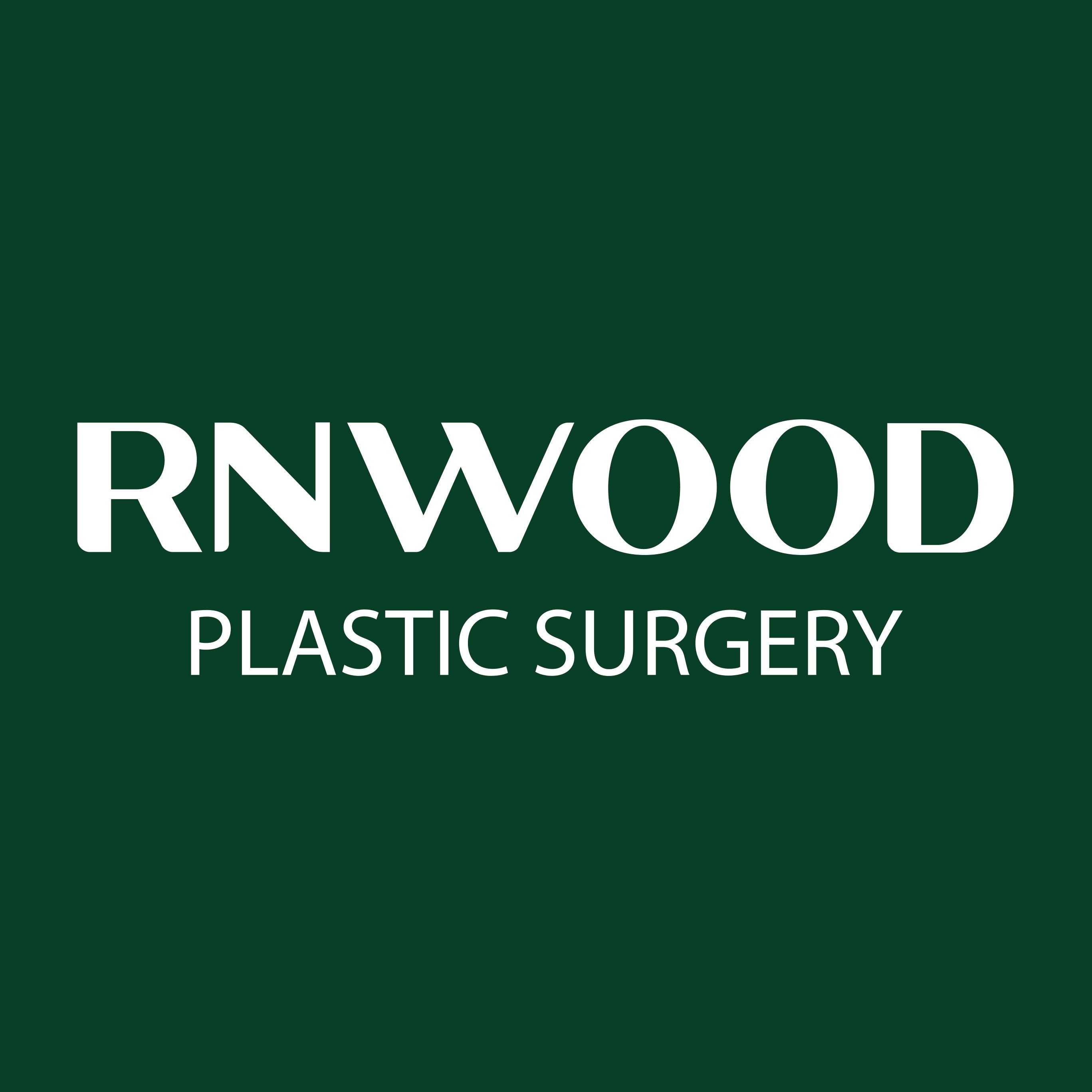

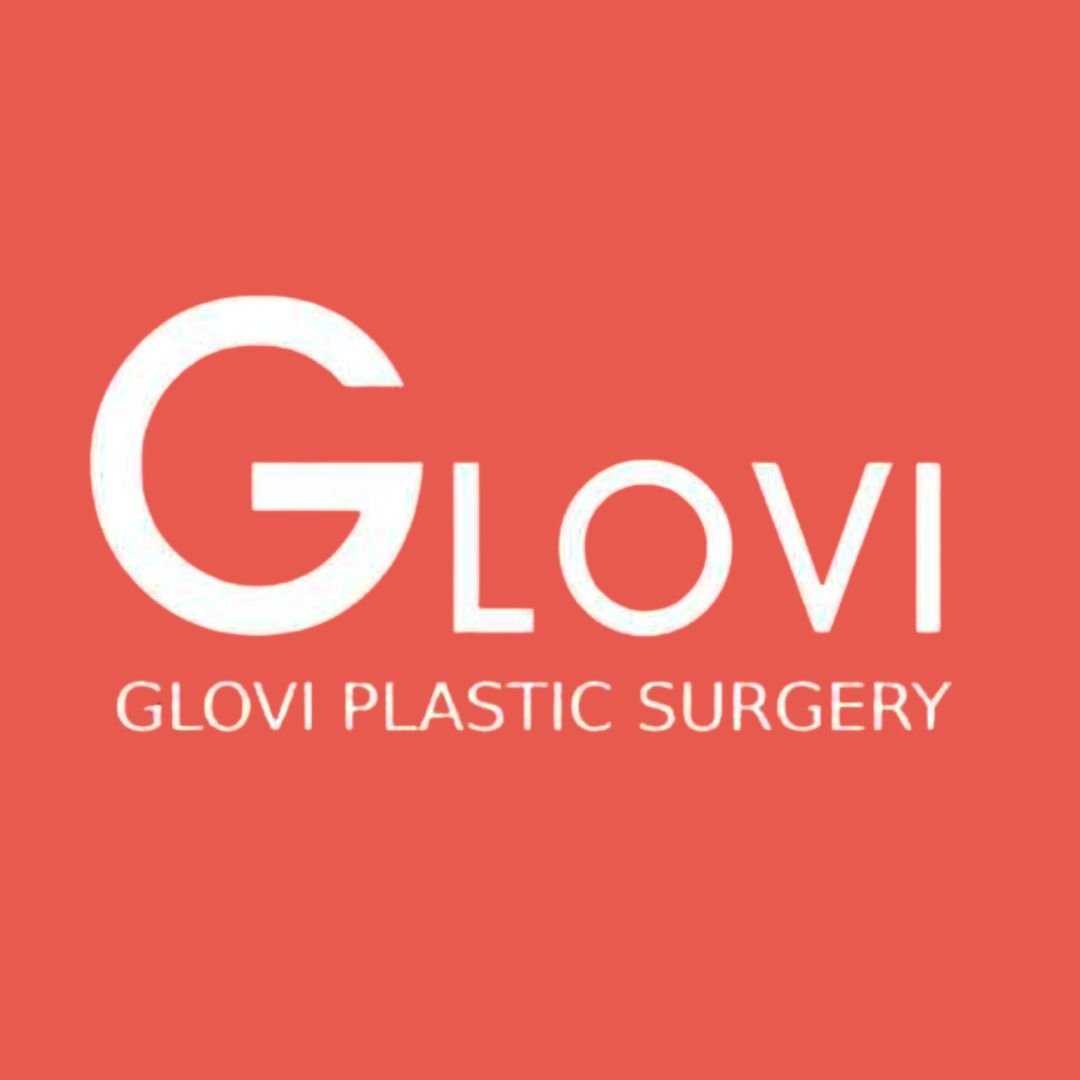

Share this listing